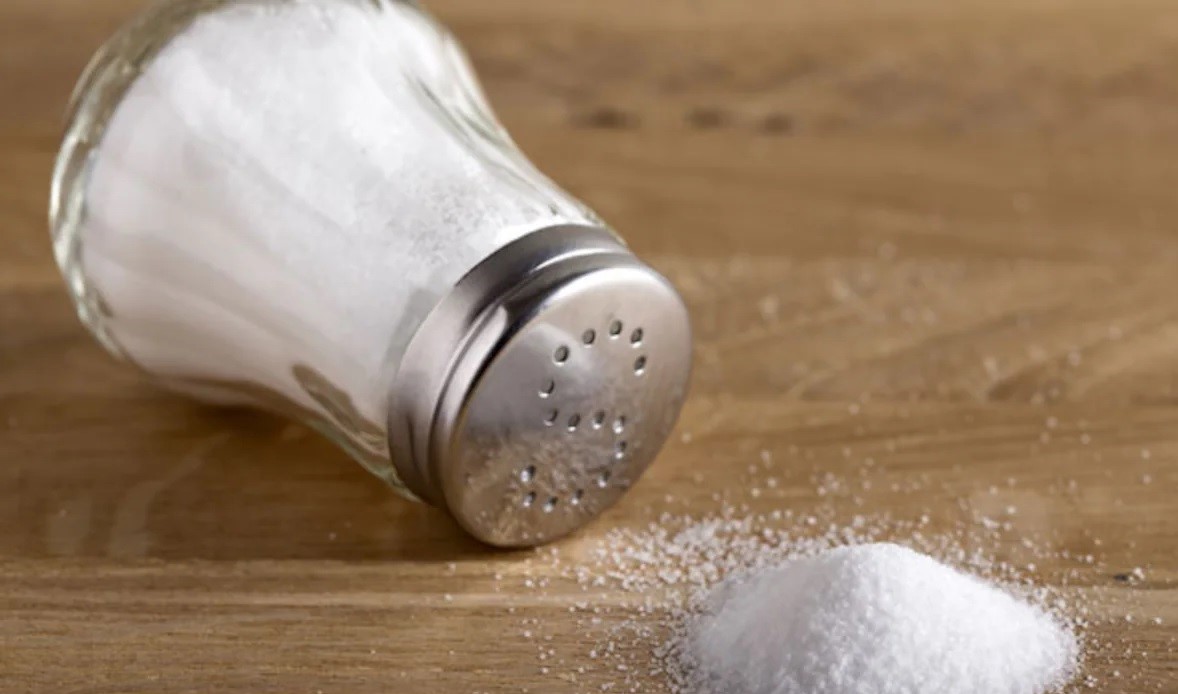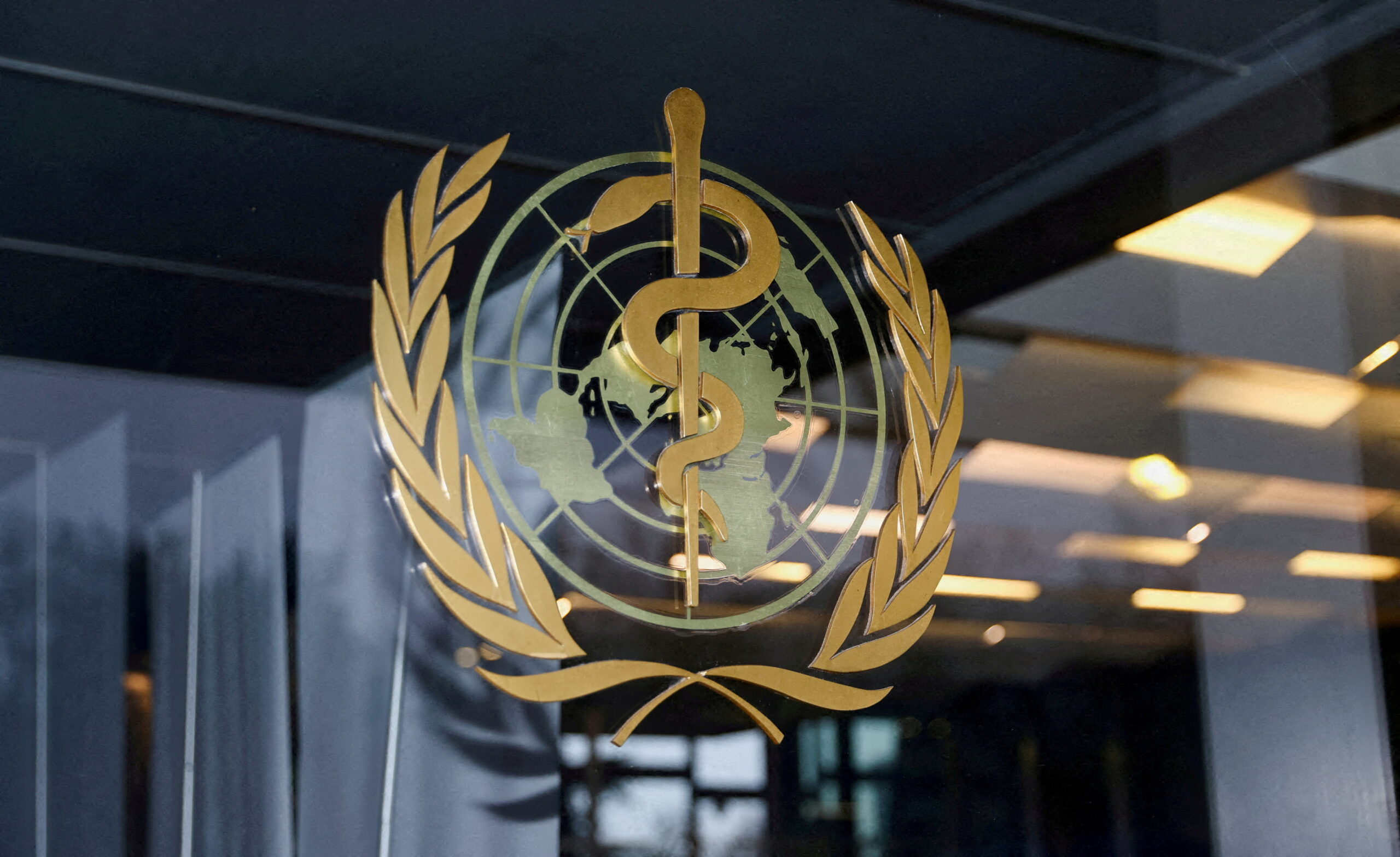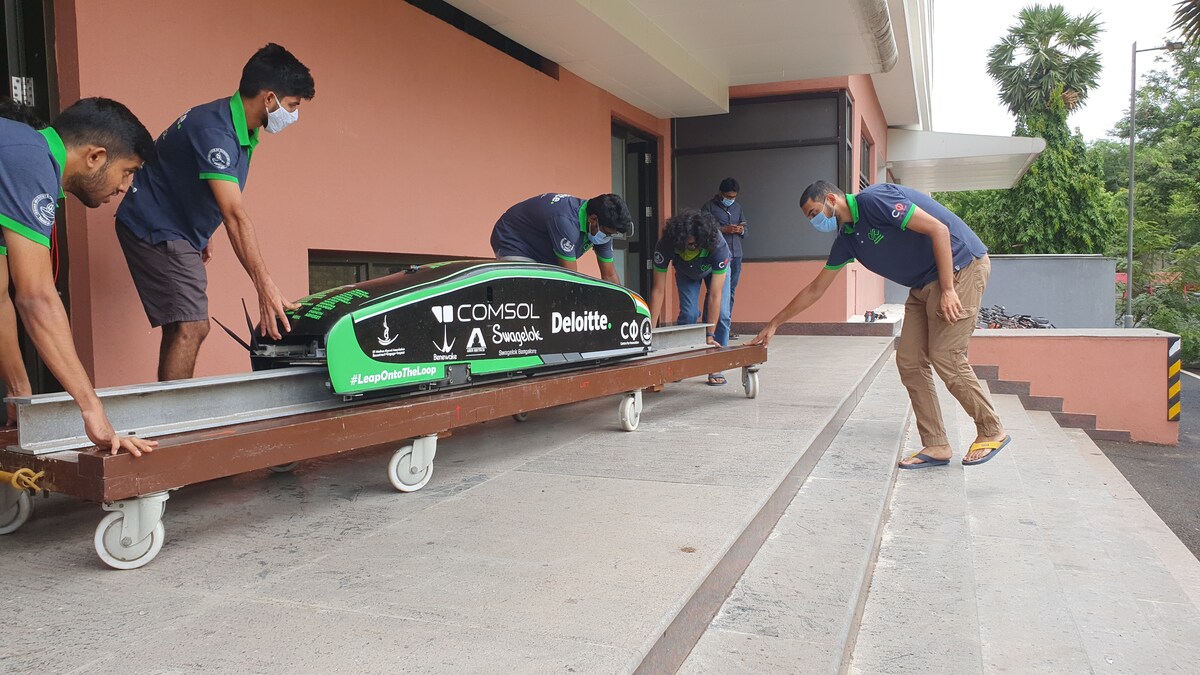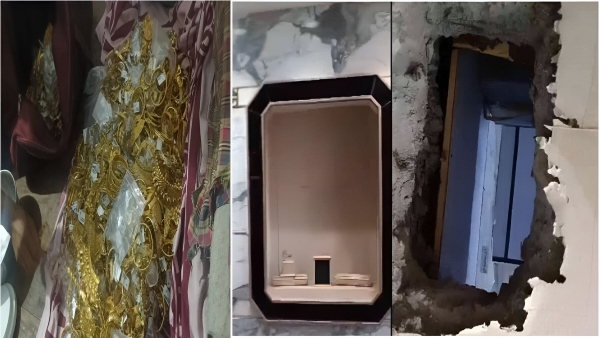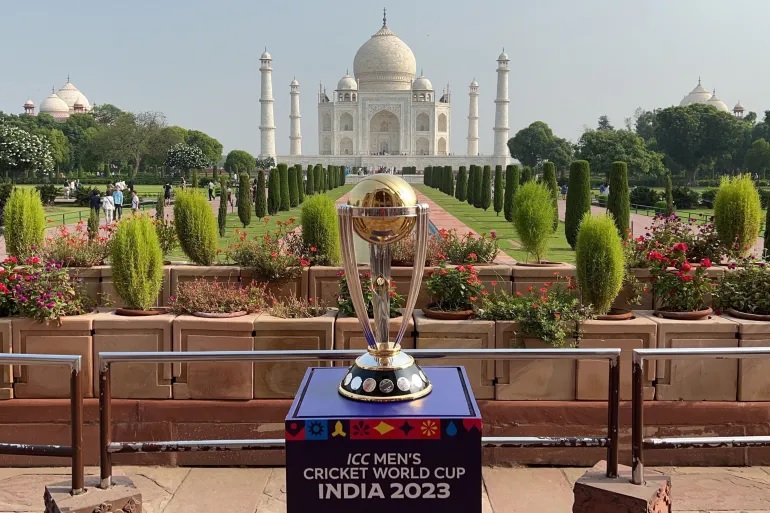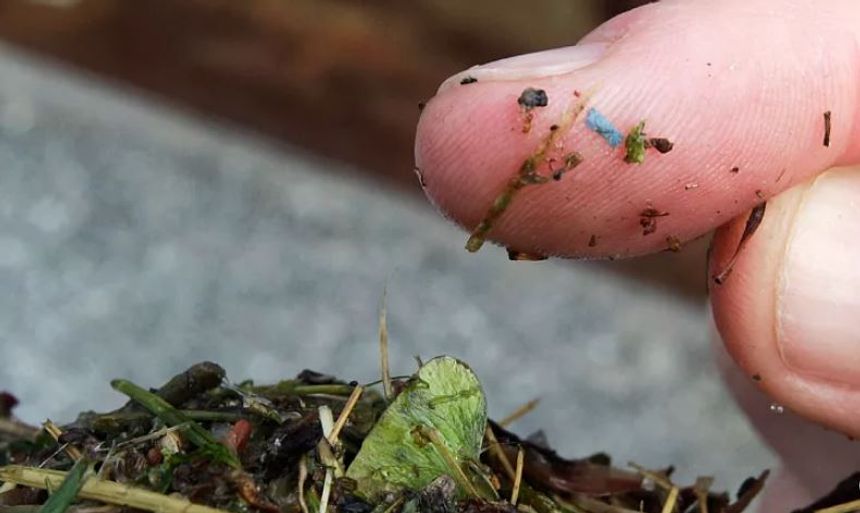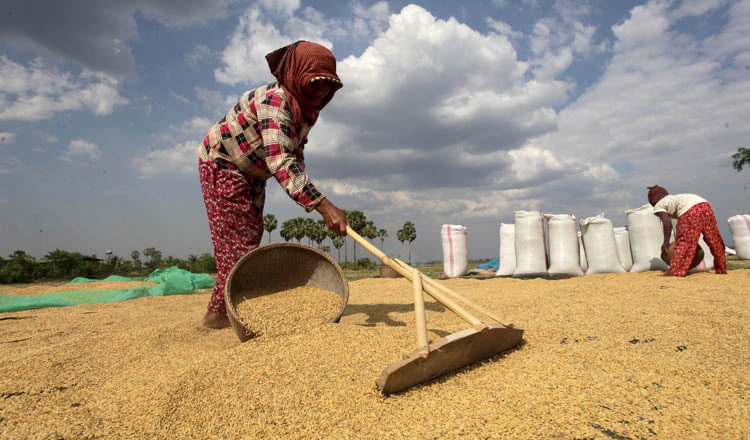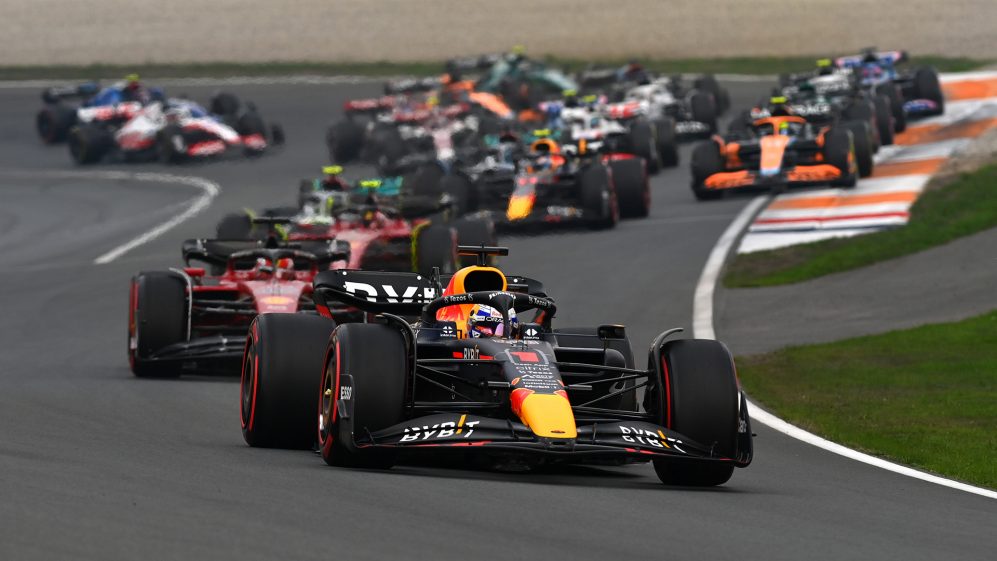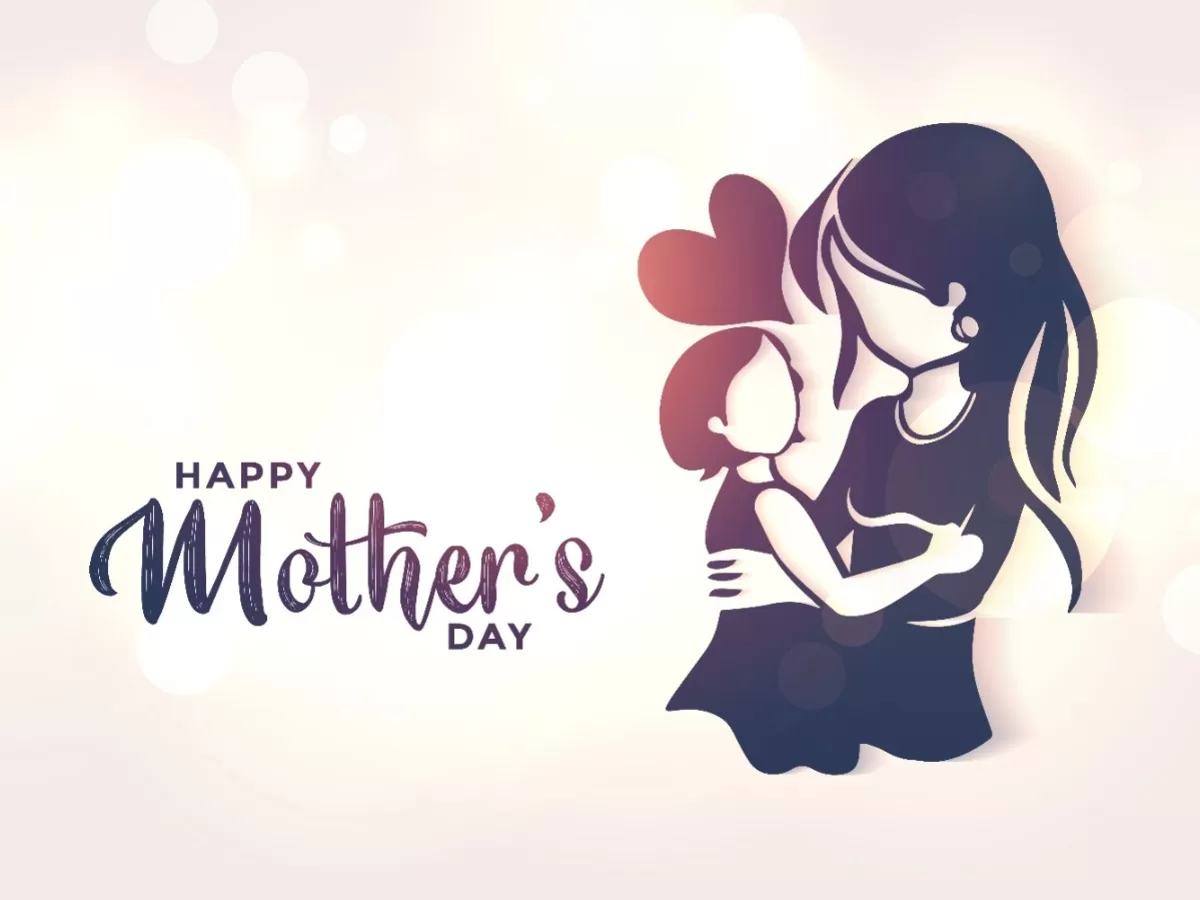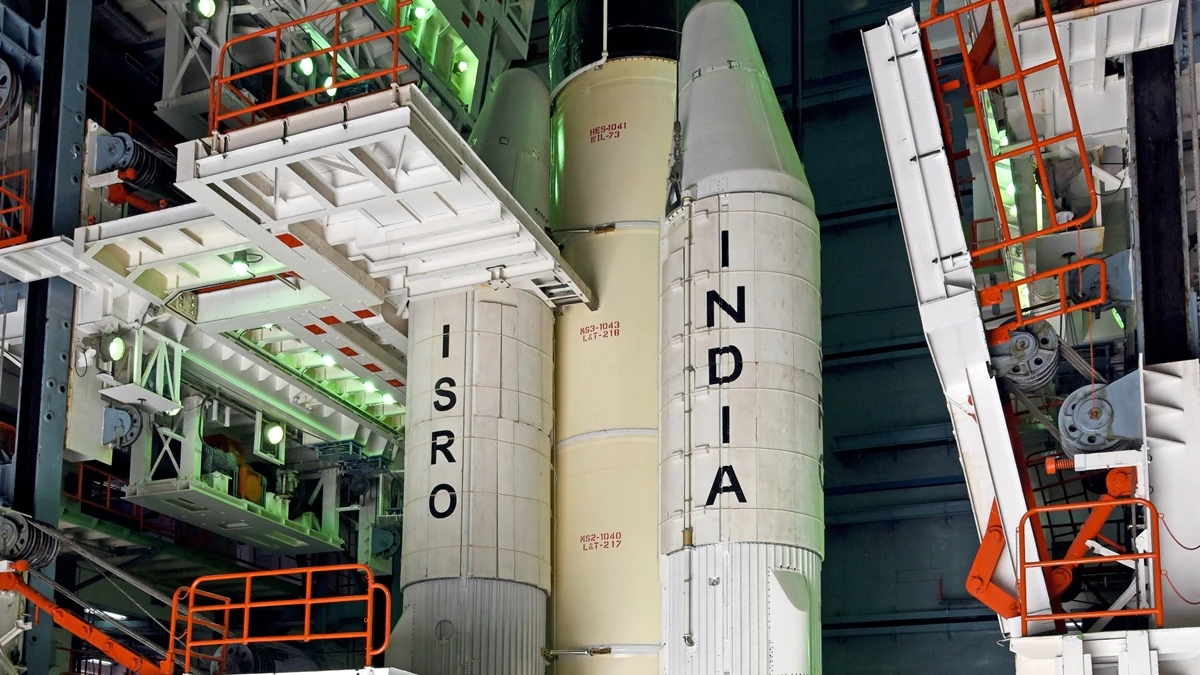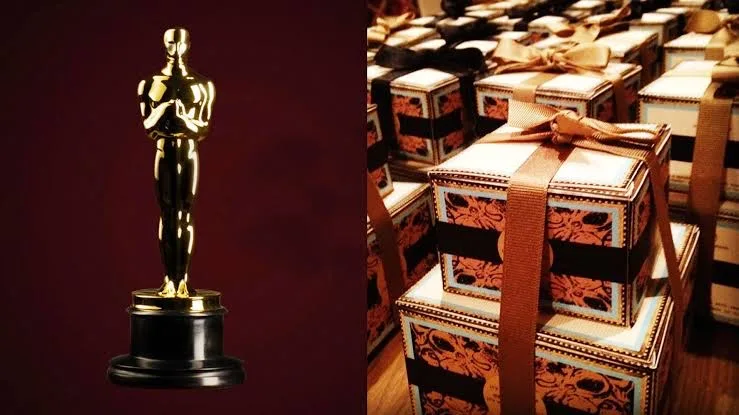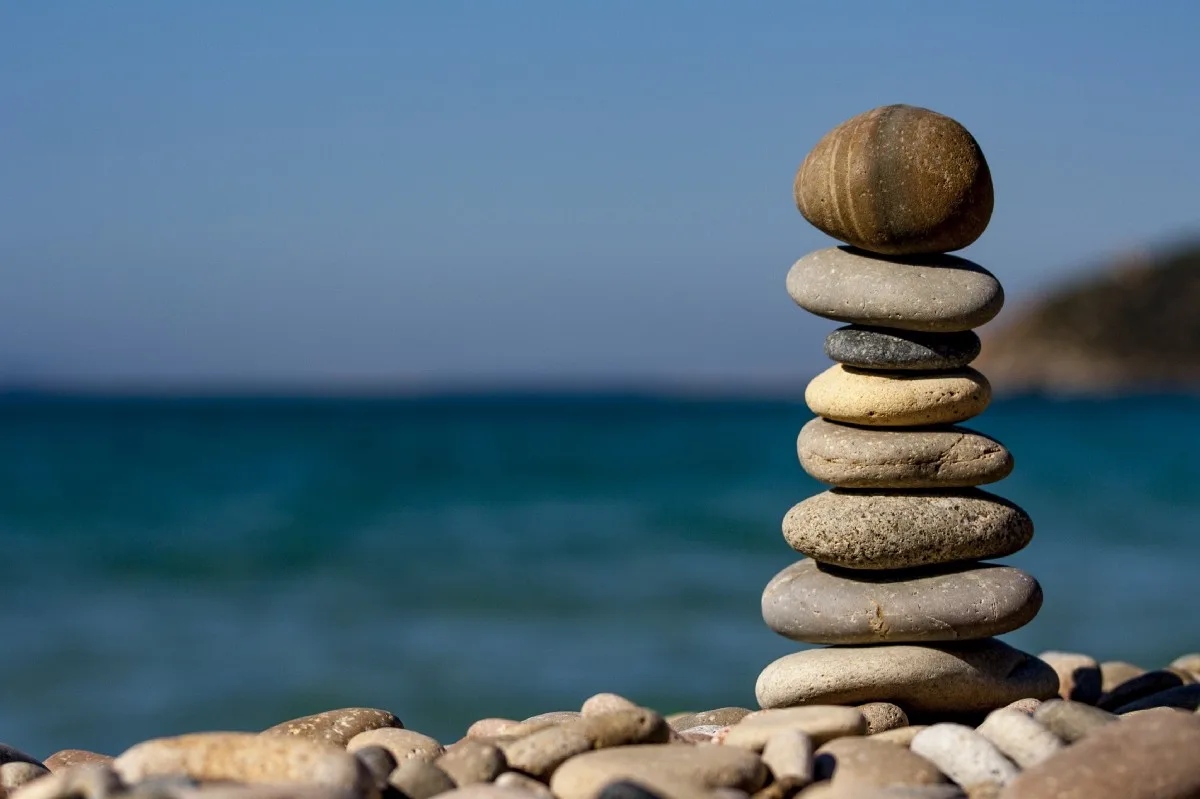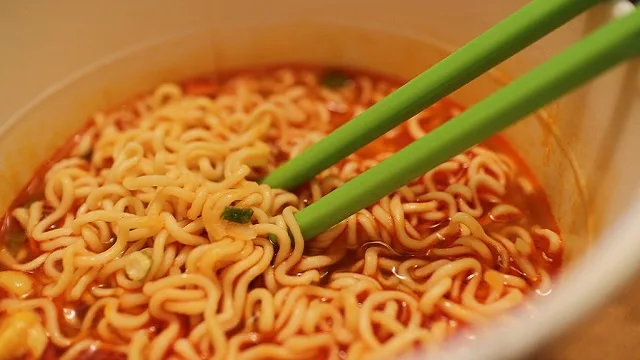
Do you have skin allergies, deficiencies, or digestive issues? According to Ayurveda, your health can be greatly influenced by the food you consume. Even though your meal has all the nutrients your body needs to stay healthy, if you are eating them in the wrong order, your body may not be able to absorb them. According to Ayurveda, “Viruddha Ahaar” can cause a buildup of ama, or poisons or undigested metabolic waste, which can seriously harm your health.
Certain foods complement one another well and can even improve the absorption of nutrients from one another. Good food combinations include a dab of lemon in dal or ghee on top of chapati. I’m curious about the Ayurvedic perspective on the pairing of milk and dates, or palak paneer. This is what a specialist says.
According to Ayurveda, combining fruit and milk can lead to bloating and indigestion. Even though palak paneer is one of your favorite meals, the high calcium content of paneer can prevent iron from being absorbed from the dish and lessen the total nutritional value.
Since honey in hot water can cause ama to be produced, drinking lemon honey tea might not be a smart idea either, according to Ayurveda. Furthermore, if you enjoy eating ice cream with gulab jamun, this could be the reason behind your regular acidity and bloating problems.


In a recent Instagram post, nutritionist and yoga instructor Juhi Kapoor listed seven Ayurvedic meal combinations that are incorrect and could be seriously harming your health.
1. Fruit and milk: Ayurveda advises against pairing fruit and milk together as this may induce stomach problems. This combination may cause the fruit to ferment in the stomach, which in certain cases can produce bloating and discomfort. The only fruit that can be eaten with milk is mango, and only if it’s sweet.
2. Palak and paneer: While both paneer (Indian cheese) and palak (spinach) are healthy foods on their own, eating them together may not be the best option. The calcium in paneer may prevent spinach’s iron from being absorbed, lowering the meal’s overall nutritional value.
3. Honey and hot water: Honey loses some of its nutritional value when it is heated, as it can lose its beneficial enzymes and antioxidants. Furthermore, according to Ayurveda, combining honey with extremely hot water could produce hazardous chemicals. To retain the health advantages of honey, it is normally advised to take it with room temperature or lukewarm water.
4. Milk and dates: It’s possible that the calcium will prevent the iron from being absorbed when foods high in iron and calcium are combined. The calcium included in milk may impede the body’s capacity to assimilate iron from dates.
This may lessen the amount of iron that is absorbed from the food overall. This combination will prevent you from absorbing iron, especially if you are anemic. It’s okay once in a while, but don’t do it consistently.
5. Ice cream and Gulab Jamun: It’s not a good idea to combine hot and cold foods. Your body increases blood flow to the stomach when you eat hot food in order to facilitate digestion and dissipate the heat. On the other hand, cold meals can impede digestion and narrow the stomach’s blood vessels. The mixture may cause discomfort, gas, or bloating.
6. Tea with meals: Tea has caffeine and tannin, which are antinutrients. This prevents the body from absorbing calcium and iron. Thus, avoid having tea with snacks or breakfast.
7. Milk and fish: Milk and fish are Viruddha Ahaar in Ayurveda. Incompatible substances make a combination indigestible and lead to the accumulation of toxic substances within the body.





































































































































































































